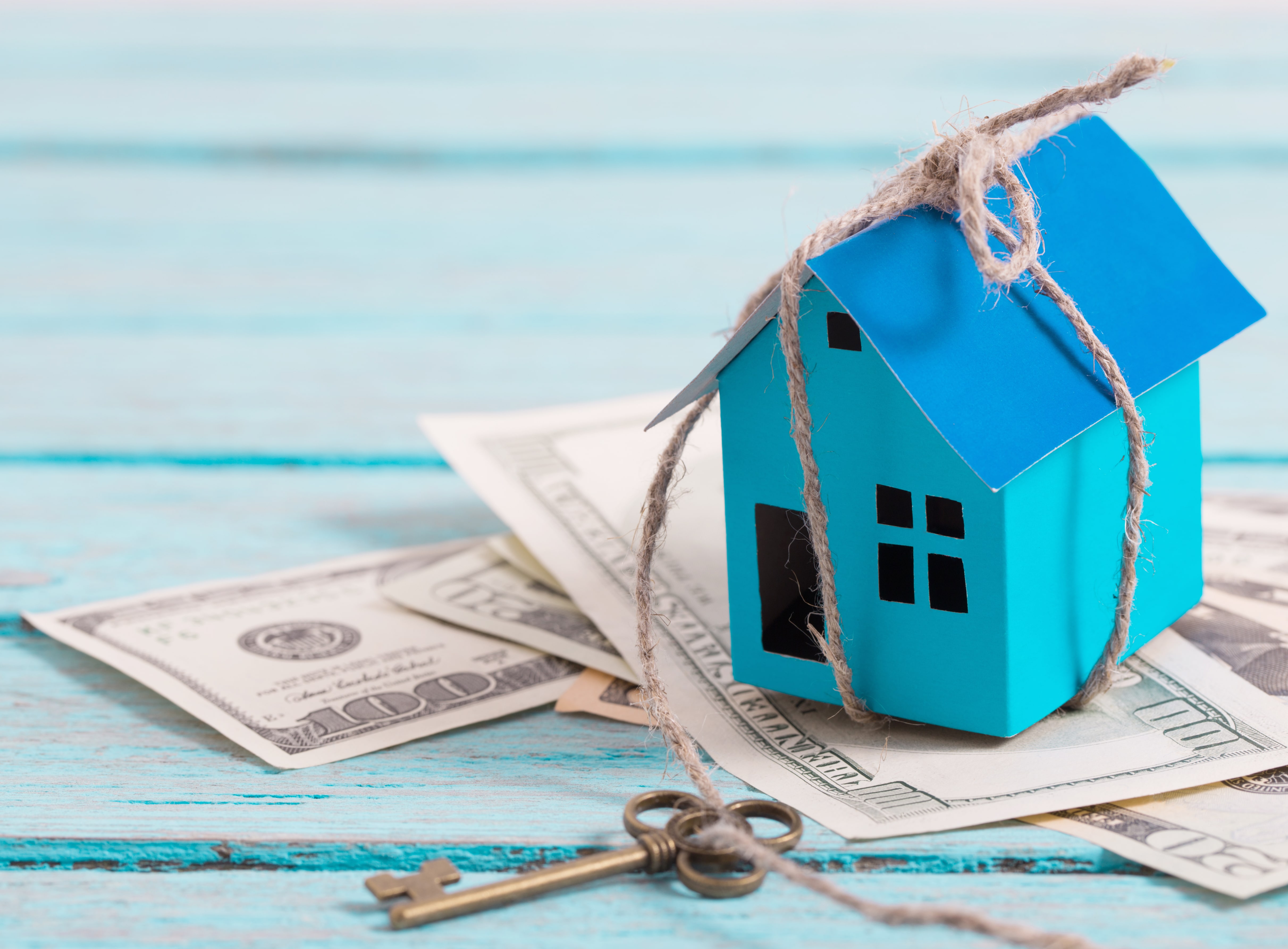
What Determines Your Interest Rate?
- 26 February, 2020
Buying a home is one of the most important financial decisions you will ever make. Not only is it the most expensive, but it is highly likely you will need to apply for a loan that will take the next 15 to 30 years to pay off.
One of the most important factors when you are looking for a home loan, is the interest rate the loan will have. It is important to note, not all interest rates are created equal. Often times, your interest rate is determined based on your borrower profile. Here are a few things your mortgage lender looks at while determining your interest rate.
Credit Scores
Your credit report helps the lender determine your risk as a borrower. If you have a lower credit score or multiple issues on your credit report, the higher your interest rate can be.
If you aren’t ready to buy for 6 months to a year, it can be beneficial to sit down with a loan officer. They will guide you on how to improve your credit and get a better interest rate.
Loan To Value (LTV)
Your loan to value ratio (LTV) describes the amount you are borrowing compared the value of the home. If you are borrowing more than 80% of the home’s value, you are considered more likely to default on payments. If you have a small down payment you can expect to have a higher interest rate.
Type of Home
The type of home can also affect your interest rate. If you buy a single-family, detached home, you will benefit from lower interest rates. However, if you purchase a condo, manufactured home or duplex, you will usually have a higher interest rate.
Occupancy
Whether you will be living in this home as your primary residence or not will impact your interest rate. Second and investment homes come with a higher risk for the lender, and as a result, ensure higher interest rates.
Term of the Loan
You will have a few different options when it comes to the length of your loan. The most common are either a 15-year or 30-year fixed-rate mortgage. The longer the term, the higher your interest rate will be.
However, there are loans with variable interest rates. These are known as ARM (adjustable-rate mortgage) loans. These loans tend to have a much lower rate to begin with but will increase with notice after a certain period of time to meet the “market rate”.
How Soon the Loan Will Close
During the home loan process, you will have the opportunity to lock in your interest rate. This allows you to ensure that your interest rate doesn’t increase while you finish your home loan. Usually, interest rates lock for 15, 30 or 60 days. The longer the lock period, the higher the interest rate.
Interested in finding out what your interest rate would be? Click here and connect with one of our seasoned loan officers!
